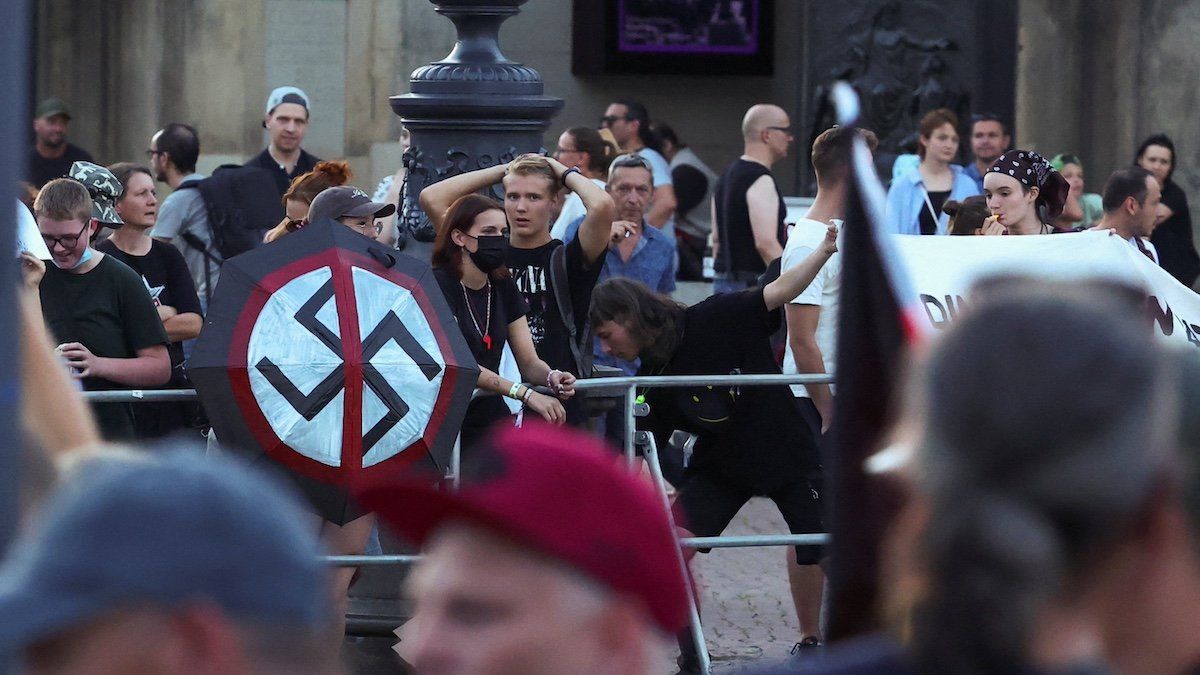Populist opposition parties of the right and the left are set to make big gains in local elections in two key eastern German states this Sunday.
The far-right Alternative for Deutschland party is the front-runner in Saxony, eastern Germany’s most populous and prosperous state, and is expected to lead in neighboring Thuringia as well.
The staunchly anti-immigrant party — which is under investigation for ties to right-wing extremists — has surged in popularity over the past decade, especially in the former East Germany, where incomes continue to lag behind the former West. Meanwhile, the newish hard-left Sahra Wagenknecht Alliance, which also seeks to reduce immigration, is also positioned to do well.
This weekend’s election comes as the national coalition government led by Chancellor Olaf Scholz’s establishment, center-left SPD faces a growing backlash over immigration. The recent stabbing rampage by a Syrian refugee in the western German city of Solingen has exacerbated those concerns.
No “Alternative” path to power: Even if it comes in first, the AfD would need a coalition partner to govern, and there is no obvious match. The mainstream center-right CDU — currently in opposition nationally — is polling second in both states and has ruled out a tie-up. But a CDU alliance with Wagenknecht Alliance remains possible in Saxony. In Thuringia, the Left Party, which currently oversees a minority coalition government, is likely to suffer a defeat but could still be a kingmaking coalition partner for either Wagenknecht or the CDU.
The bigger picture: Misgivings over immigration continue to be a major factor in the slow-motion erosion of Germany’s centrist establishment parties.
